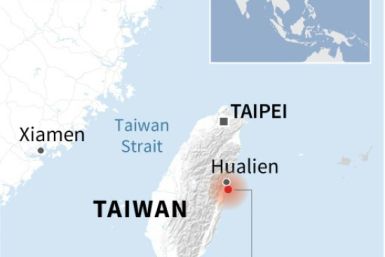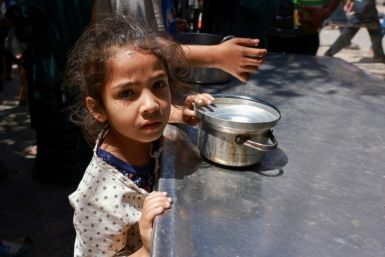Glencore enters into trading of Libyan oil to shore up profits
Swiss miner and trading house Glencore has reportedly struck a deal with Libya’s state-owned National Oil Corp to buy half of its oil exports. Analysts see the move as a bid by Glencore to strengthen its trading business to shore up profitability and cut down the debt liabilities after it fell into bad days following the slump in mining sector.
Glencore’s arrangement with NOC started in September. Under the deal, Glencore takes care of the loading of oil and gets buyers for all the Sarir and Messla crude oil, exported from the Marsa el-Hariga port.
Hariga is the largest exporting terminal with an export capacity up to 140,000 barrels per day. The other two major ports -- Es Sider and Ras Lanuf are lying shut, reports Reuters.
Libya’s gain
For Libya, the deal with Glencore marks a shift in strategy by delinking the current risks in oil exports that came up with armed internal conflicts. With Glencore active in the front line for oil exports, Libya can steady up the sales to international buyers and overcome the troubles it had been facing in logistics in terms of loading and chartering vessels in ports. The operations had come under stress with large unpredictability after the escalation of domestic conflicts. Reports of many oil companies and refineries showing reluctance to send vessels to load Libyan oil were too common.
Libya’s oil exports were at a peak capacity of 1.6 million barrels per day a few years ago until it was hit by domestic violence that affected production in the oil sector. Raging battles between factions to take control of the country and blockades by local tribes hit the production drastically. As a result, the current production has plunged below 0.5 million BPD.
Still, Libya manages oil transactions from other locations, too, such as the offshore platforms of Bouri and Al-Jurf, where Glencore is not an intermediary. It is also trying to reopen larger fields of El Feel and Sharara. Neither the NOC nor Glencore made any comment on the deal.
Victim of mining slump
Glencore has been a victim of the decline in the mining sector, further abetted by falling prices of copper and zinc hitting its finances. The company now faces one of the highest debt levels in the industry, with its shares having lost more than two-thirds of the value in 2015.
However, Glencore has promised to cut the debts by US$10 billion (AU$13.9 billion) through sale of assets and has reassured investors that it would strengthen the large trading division to offset the imoact of commodities price slump and weaker revenues from the mining sector.
Glencore is aiming to generate an average US$2.5 billion (AU$3.48 billion) in adjusted earnings from trading.
Sale of agri arm
Meanwhile, Glencore is looking for a buyer to sell a minority stake in its agricultural arm, Vittera. It said the process is “progressing well.”
“The sale process for a minority stake in the agriculture business is progressing well. We plan to update the market at our investor call on 10 December,” Glencore said in statement.
However, Frank Ning, the chairman of China’s state-owned grain trader Cofco said there is no sale in sight and it was all rumour, reports the Financial Times.
“It's not really in the market. It's a rumour. They're not selling," Reuters quoted Ning from a conference in Manila. Cofco had been projected by a few analysts as a possible buyer of that stake.
Glencore is reportedly planning to sell 40 percent of the agricultural business to strategic investors to cut the debt. The analysts from UBS said the agricultural business of Glencore will be worth US$9 billion (AU12.5 billion).
For feedback/comments, contact the writer at feedback@ibtimes.com.au or let us know what you think below.






